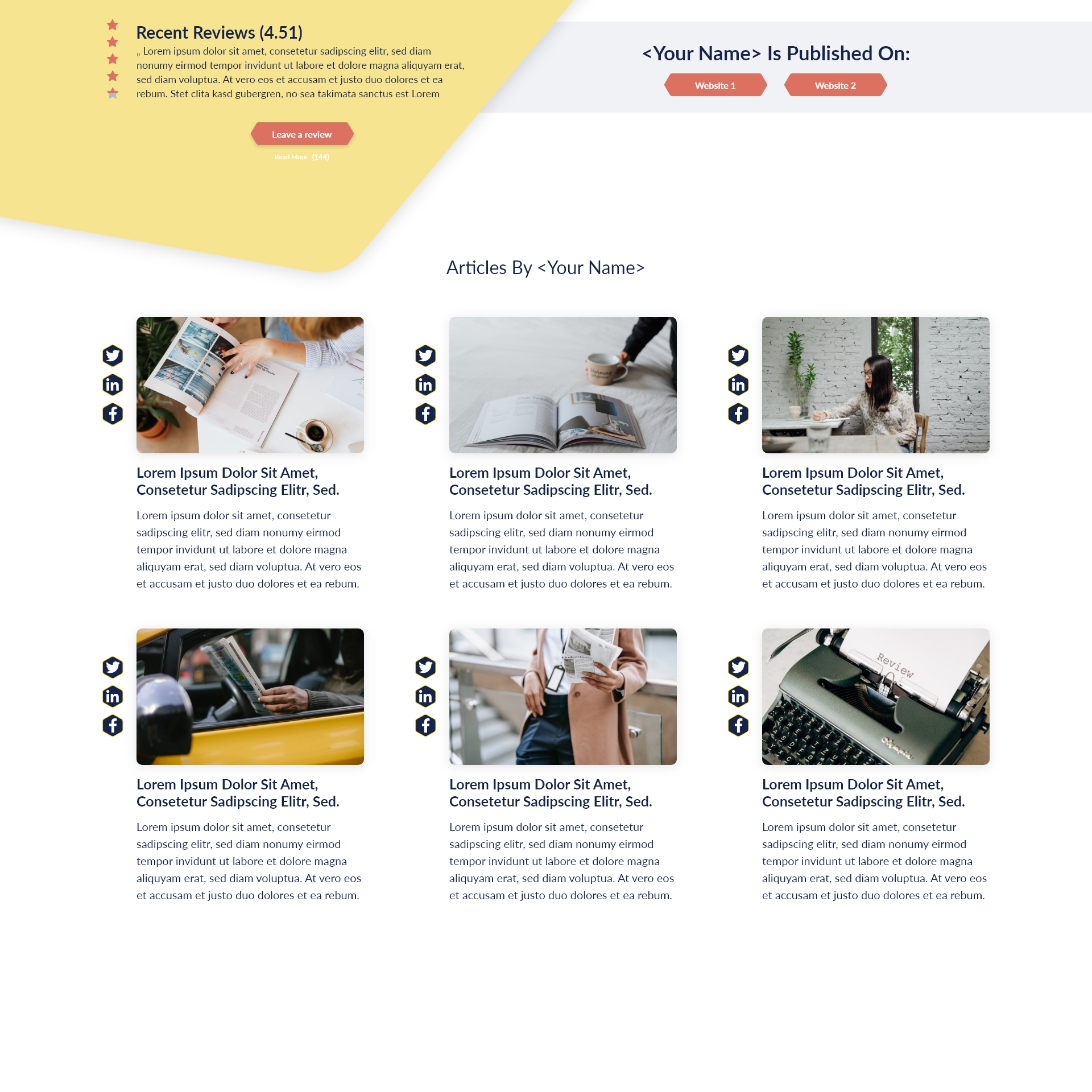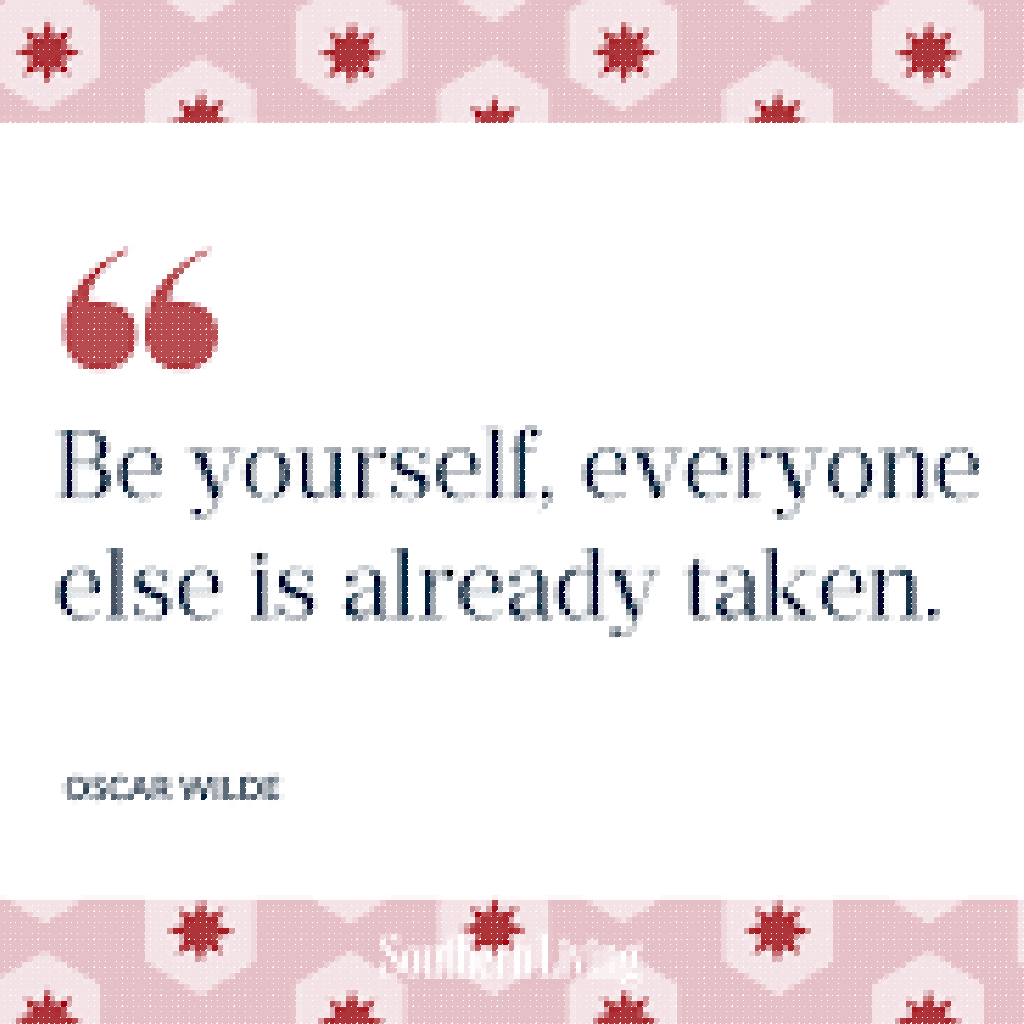Key Takeaways:
- Inclusive leadership and diversity practices are central to successful modern organizations.
- Empathy, emotional intelligence, and effective communication are critical management skills.
- Leaders should know when to employ management versus leadership approaches.
- High-performing teams require clear delegation and collaborative strategies.
- Strategic, ethical decision-making strengthens organizational integrity.
- Change management frameworks and motivation techniques ease transitions.
- Proactive conflict resolution and transformational leadership build team trust.
- Performance and leadership development systems prepare organizations for the future.
- A strong organizational culture and remote team strategies define modern workplace success.
The Evolving Art and Science of Management in Modern Organizations
The landscape of management within contemporary organizations has undergone a seismic shift. No longer is management confined solely to process oversight or productivity metrics. Today, it is an evolving blend of art and science, deeply influenced by the growing emphasis on diversity and inclusive leadership. Organizations are realizing that genuine workplace inclusion is not just a checkbox—it is a transformative strategy that catalyzes engagement, innovation, and growth.
Understanding Core People Management Skills
What Are Essential People Management Skills for Today’s Leaders?
Modern leaders are expected to master a myriad of people management skills that extend beyond traditional supervisory functions. Skills such as active listening, open communication, flexibility, and the ability to navigate cross-cultural dynamics are crucial. Effective managers also foster a sense of belonging by recognizing individual strengths and adapting their style to diverse personalities and needs. Ultimately, these tools bridge the gap between operational efficiency and human connection.
Building Empathy and Emotional Intelligence in Management
Empathy and emotional intelligence have become pivotal in inclusive management. Leaders with high emotional intelligence can better understand team members’ perspectives, manage stress, and resolve conflicts compassionately. Practicing empathy not only boosts morale but also helps create a psychologically safe environment where all employees can contribute authentically, driving collective innovation.
Leadership vs Management: Key Differences and Synergies
How Do Leadership and Management Roles Overlap and Diverge?
While often used interchangeably, leadership and management are distinct yet interdependent roles. Management traditionally focuses on planning, organizing, and executing tasks, ensuring processes run smoothly. Leadership, on the other hand, is about inspiring, influencing, and guiding individuals toward a common vision. However, the boundaries blur as effective organizations increasingly require managers to lead and leaders to manage.
Navigational Guide: When to Lead and When to Manage
Knowing when to step into a leadership or management role is vital. Organizations benefit when leaders inspire vision during times of change, while strong management ensures operational stability. Striking this balance allows teams to flourish, particularly in diverse workplaces where flexibility and adaptability are at a premium.
Crafting Effective Team Leadership Strategies
Proven Approaches for High-Performing Teams
High-performing teams are built on trust, respect, and the leveraging of diverse backgrounds and talents. Leaders should set clear expectations, celebrate wins, and address setbacks transparently. Inviting input from all members cultivates a sense of ownership and harnesses the full spectrum of the team’s capabilities.
Integrating Workplace Communication Strategies for Better Collaboration
Open and structured communication is the cornerstone of inclusive workplaces. Tailored communication channels, regular feedback sessions, and awareness of cultural nuances can dissolve barriers. Leaders should prioritize transparency in decision-making and ensure everyone has a voice, paving the way for collaborative solutions.
Delegation Best Practices: Empowering Members Without Losing Control
Effective delegation empowers team members and signals trust. To delegate successfully, leaders must clarify expectations, match tasks with individuals’ strengths, and follow up regularly without micromanaging. This not only enhances performance but fosters professional development and confidence within the workforce.
Decision Making in Organizations: Models and Tools
How Managers Make Informed Strategic Choices
Managers today operate in complex, fast-moving environments. Data-driven decision tools, along with insights drawn from a wide range of employee perspectives, are crucial in guiding choices. Inclusive leaders actively seek diverse viewpoints, helping to avoid groupthink and ensuring well-rounded decisions.
Ethical Leadership Approaches in Decision Making
Ethical behavior is non-negotiable for long-term organizational success. Leaders who consider the broader impact of their decisions—on stakeholders, communities, and the environment—foster trust and set a standard for others. Transparent processes and accountability mechanisms further anchor ethical decision-making as a core value.
Mastering Change Management Frameworks
Leading Through Organizational Change: Frameworks and Real-World Examples
Change is inevitable, yet often challenging. Popular change management frameworks—such as Kotter’s 8-Step Model or the ADKAR model—equip leaders to guide their workforce through transitions. By communicating a clear vision, involving employees at every stage, and addressing concerns as they arise, organizations maintain momentum and buy-in during periods of transformation.
Employee Motivation Techniques During Periods of Transition
Sustaining employee motivation amid change demands transparency, recognition, and empowerment. Encouraging feedback, providing clarity on new roles, and highlighting growth opportunities help alleviate uncertainty. Motivated employees are more likely to embrace change and drive the organization forward.
Conflict Resolution in Teams: Practical Methods
Addressing Common Causes of Team Disputes
Team disputes often stem from miscommunication, unclear expectations, or conflicting working styles. Leaders should address these issues promptly, encouraging open dialogue and focusing on interests rather than positions. Structured conflict resolution frameworks, such as mediation or restorative circles, rebuild trust and foster mutual understanding.
Transformational Leadership Qualities That Resolve Conflict
Transformational leaders demonstrate qualities such as humility, active listening, and adaptability in times of conflict. These leaders go beyond resolving the immediate problem to driving cultural shifts that prevent recurrence. By modeling inclusive behaviors and empathy, they transform obstacles into learning opportunities.
Performance Management Systems and Leadership Development
Designing Effective Performance Management Systems
Performance management is evolving from annual evaluations to continuous, feedback-driven development. Effective systems are transparent, fair, and tied to organizational objectives. Emphasizing both results and behaviors ensures employees align with the organization’s values, especially those related to diversity and inclusion.
Leadership Development Programs: Building the Next Generation of Leaders
Robust leadership pipelines are central to organizational longevity. Development programs should focus on inclusive leadership competencies, cross-cultural awareness, and adaptive problem-solving. Mentorship, training, and opportunities for cross-functional collaboration accelerate the growth of future leaders equipped to sustain a diverse workplace.
Building Organizational Culture and Leading Remote Teams
Organizational Culture and Leadership: Creating a Shared Vision
A strong organizational culture unites employees under shared values and a compelling purpose. Leaders play a crucial role in shaping and reinforcing this culture, especially as organizations diversify and grow. Open forums, cultural celebrations, and consistent role modeling of inclusive behaviors foster a healthy, vibrant workplace.
Managing Remote Teams: Tools and Strategies for Success
The rise of remote work necessitates new leadership strategies. Technology platforms that enable communication, project management, and feedback are vital. Leaders must be intentional about inclusion, ensuring remote employees feel connected and supported through regular check-ins, virtual team-building, and clarity in expectations.








